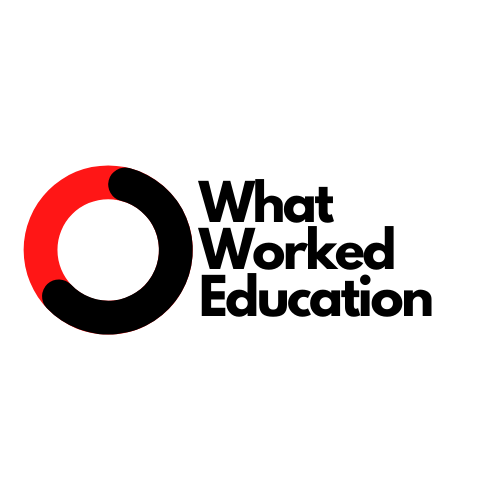Artificial intelligence is beginning to make its presence felt in education. One of the first intruders, seems likely to turn out to be very useful indeed, Microsoft's Reading Progress listens to children reading out loud and spots mispronunciations.
By setting children reading assignments in Microsoft Teams teachers can now get a sense of children's verbal reading speed and accuracy. Previously this is only achievable by listening to each student in turn, currently something so time consuming it's not possible to do regularly for all children.
This new tech has obvious benefits for learning new languages because the main goal here is verbal communication and pronunciation is key. But would it be useful in other areas of learning? Well, we suggest that is pretty likely it will be because it's well known (thoroughly researched) that pronunciation is the most accurate indication of students reading comprehension without all the difficulty of measuring comprehension directly. This suggests that problems with pronunciations are a window into important issues children are having with common language structures and the meaning contexts.
Theory bit
Theory bit
As comprehension improves so does pronunciation and children who are fluent are overwhelmingly likely to have better comprehension. But a compelling weight of evidence is that comprehension drives literacy skills, not the other way round, so fluency is likely to be an outcome of better literacy not a cause. Consequently, simply practicing pronunciation is not likely to improve comprehension and neither is practicing fluency likely to improve fluency much because that is determined by comprehension.
So on the face of it, all that Reading Progress seems to offer is the circumstances to practice reading out loud more often (under scrutiny). Are we to believe that simply reading out loud more is likely to improve underlying understanding of the language? It seems like a case of the tail wagging the dog.
So how could Microsoft Reading Progress help?
So how could Microsoft Reading Progress help?
Reading Progress does not just spot individual mispronunciations, it also gathers together records of all the words children commonly mispronounce. If students use Reading Progress often, patterns will emerge in the words they mispronounce. These patterns seem likely to stand out to anybody experienced in teaching literacy skills, who will notice common language components (morphology) and contexts that trip students up.
For example, here is a ‘challenging word cloud’



